UPDATE (February 26, 2014)
Yesterday, the U.S. House of Representatives passed H.R. 1123 with a 295-114 vote decision. The ruling repeals the 2012 Library of Congress (LOC) decision that limited the ability to legally "unlock" your smartphone (see below).
This decision reinstates an earlier rule, originally in effect since July 27, 2010, that allowed consumers to be able to legally unlock their cell phones so that they can use them on other networks. This is a direct result of a 2013 White House petition that gathered 114,322 signatures, so it's nice to see our government working for us.
H.R. 1123 also would direct the LOC to consider, within a year after enactment, whether to extend this exemption to other categories of wireless devices, like tablets, in addition to smartphones.
What the ruling very deliberately left out is the ability for resellers to unlock devices in bulk. For the snarkier among us, this makes sense—allowing individuals to unlock their smartphone is much less of a hit to big business than allowing resellers to do so. The thinking is, if resellers are able to unlock devices, purchases of new phones will decrease, directly effecting the bottom lines of OEMs such as Apple and Samsung.
But that being said, this is a good step in the right direction.
UPDATE (March 6, 2013)
After hearing from the White House, we are now seeing action on the Congressional front.
Today, Sen. Ron Wyden of Oregon introduced the Wireless Device Independence Act, allowing consumers to "unlock cell phones for interoperability purposes". Basically, take your phone from one carrier to another. Sen. Patrick Leahy and Rep. Jason Chaffetz also voiced their support for unlocking cell phones.
So things are moving pretty quickly; check back for updates as they arrive.
END UPDATES
If you've purchased a locked smartphone last month, I've got some bad news for you—you're not allowed to unlock it.
SIM unlocking a smartphone is no longer legal in the United States, thanks to the Copyright Office of the Library of Congress, who issued a ruling that reversed a prior allowance of unlocking. They basically just said that we have no right to unlock our devices.
Of course, this led to a petition to overturn that decision on the White House's website, which surpassed the goal of 100,000 signatures on February 21st. On March 4th, the White House issued a formal response in support of SIM unlocking.
So, why did the Library of Congress reverse the decision in the first place?
The NTIA Advised Against Making It Illegal
In September 2012, the National Telecommunications and Information Administration (NTIA) submitted a letter to the Library of Congress (LOC) on the topic of access controls on modern day media as it relates to the Digital Millennium Copyright Act (DMCA). The letter contained the agency's observations and recommendations on a multitude of topics.
The NTIA, an agency of the U.S. Department of Commerce, is the White Houses' chief adviser on all matters related to telecommunications and Internet policies. The letter it sent to the LOC contained two sections related to "unlocking":
- The ability to "root" ("jailbreak") one's device.
- The ability to "unlock" one's device.
Gaining root access allows you to modify your device in ways that were not intended by the manufacturer or the carrier. Unlocking your device allows you to use it on a network other than the one you purchased the phone through.
The NTIA's recommendation on both topics was that they remain in the legal realm and that it is at the discretion of the devices owner to do with it what they will. Of course, this was at odds with the recommendations of other interest groups, and those recommendations were also sent to the LOC.
The Ruling of the Library of Congress
In October 2012, the Copyright Office of the LOC issued its ruling on a variety of matters, including the two pertaining to "rooting" and "unlocking".
The ruling found that "rooting" devices was not only within a consumers' rights, but that it may "make smartphones more attractive to consumers." Where the ruling swayed from the NTIA's recommendations was that this exemption would not apply to tablets. The ruling states, "the Register determined that the record lacked a sufficient basis to develop an appropriate definition for the 'tablet' category of device."
Reading between the lines, this may simply be a matter of semantics.
The ruling found that "unlocking" devices was not within a consumers' rights. Citing "carriers' current unlocking policies" and the readily "availability of unlocked phones in the marketplace", the ruling did not find a need for an exemption permitting the allowance of unlocking phones.
What Does This Mean for Us SoftModders?
Rooting
While there is no policy is place to prevent rooting or make it illegal, the ruling explicitly excludes tablets from this exemption. The NTIA supported a class designation that included both smartphones and tablets, stating that the Electronic Frontier Foundation (EFF) has sufficiently defined the category to include both. The ruling states that is does not have a sufficient reason to create a definition of "tablet", and that a definition would be necessary before any ruling can be made.
Who says the law isn't fun?!
So, rooting your phone is okay, but rooting your tablet is technically not. Either way, you still void your warranty from the manufacturer.
Unlocking
This is where the LOC's hammer fell. Previously, you could get an unlock code or unlock your phone with root access, and take your device with you from one carrier to another. Being at the end of your contract or having terrible service didn't mean you had to purchase a new device.
The ruling states that after a 90-day grace period (which has already passed), you will no longer be able to freely unlock your device from your carrier without facing possible fines or other legal ramifications. Issues such as phone trafficking, lost revenue on phone subsidies, and that devices owners do not own the software on those devices led to the LOC's decision. It also stated that carriers maintained their own valid policies of unlocking devices and that the marketplace had plenty to offer in terms of devices that are sold unlocked.
Legacy phones were excluded from this ruling, meaning that if you own it now, you are free to unlock it. Where this hurts is that new devices will be virtually locked down, and that consumers will no longer have options when it comes to the use of their equipment.
The White House Is with Us SoftModders
The statement from the White House is clear: "The White House agrees with the 114,000+ of you who believe that consumers should be able to unlock their cell phones without risking criminal or other penalties."
But this may not be as simple as a reversal back to the old ways. The White House statement did leave some room for carriers to impose restrictions: "If you have paid for your mobile device, and aren't bound by a service agreement or other obligation, you should be able to use it on another network."
The response makes it clear that it stands by the NTIA recommendations, "voicing strong support for maintaining the previous exception to the DMCA for cell phone carrier unlocking." Steps for possible action could take the form of legislative action or an amendment to the LOC ruling.
Previously, depending on your service provider, you could request an unlock code as soon as 30 days after signing up. In most cases, this was given to you. It's hard to say whether the carriers will allow this practice to continue if unlocking becomes legal again, but we can have hope in this statement:
"The Obama Administration would support a range of approaches to addressing this issue, including narrow legislative fixes in the telecommunications space that make it clear: neither criminal law nor technological locks should prevent consumers from switching carriers when they are no longer bound by a service agreement or other obligation."
Statements on the topic were also issued by the Library of Congress and Federal Communications Commission, and we can certainly expect more on this from our lawmakers.
What Do You Think?
What are your thoughts on this recent travesty. Share your thoughts below.





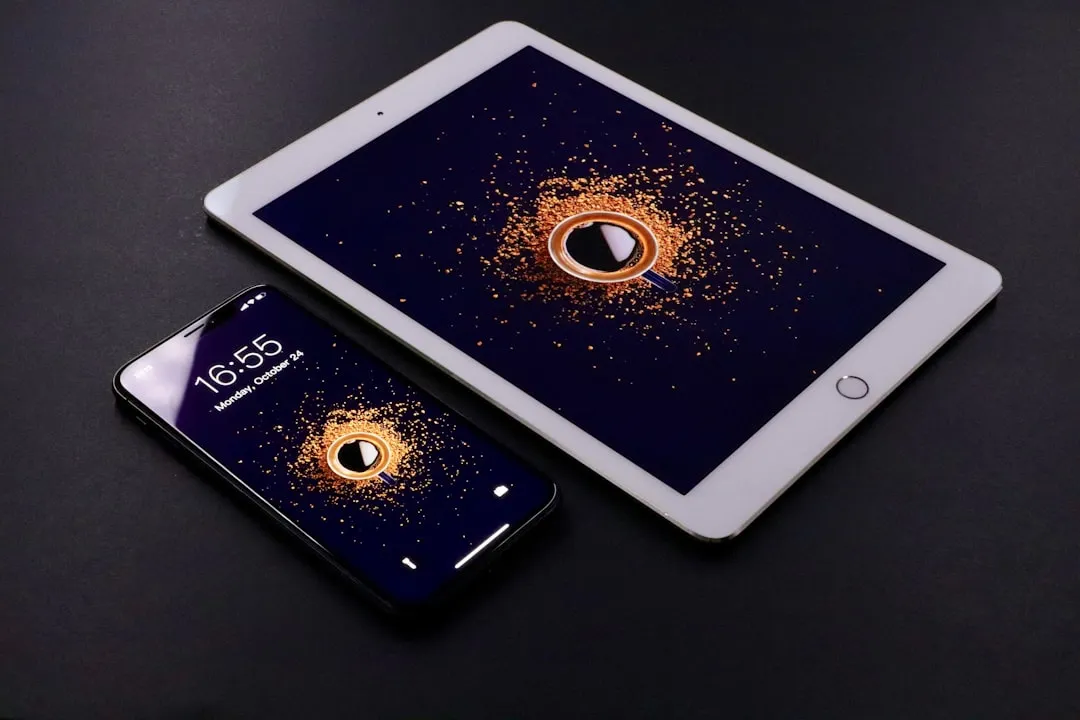
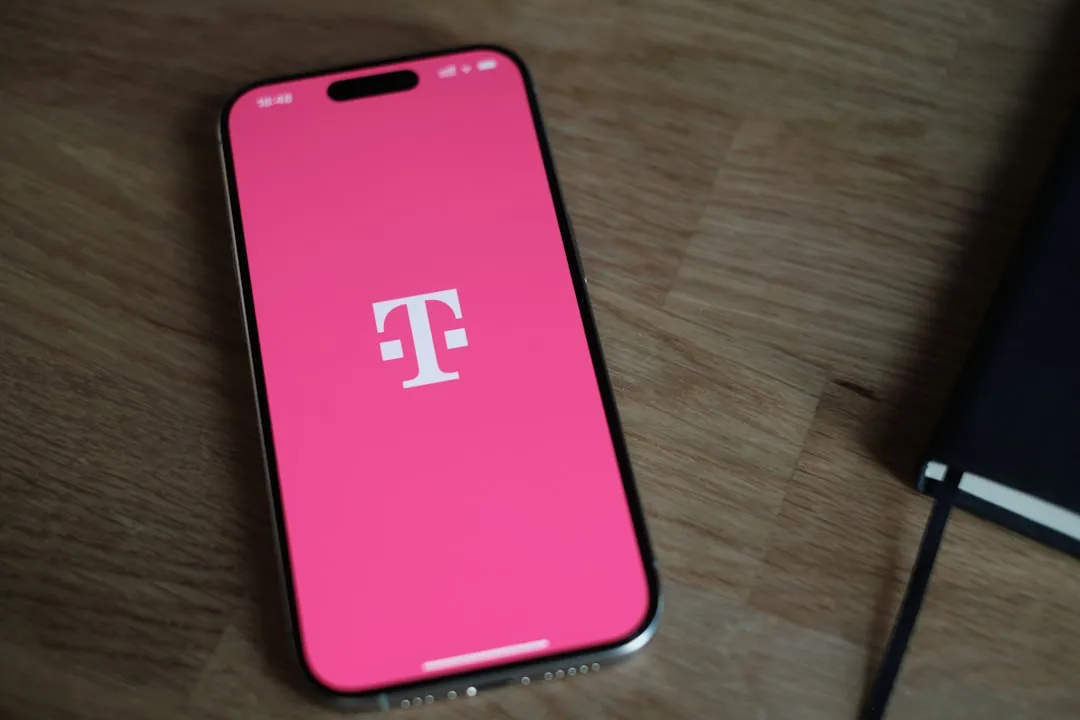

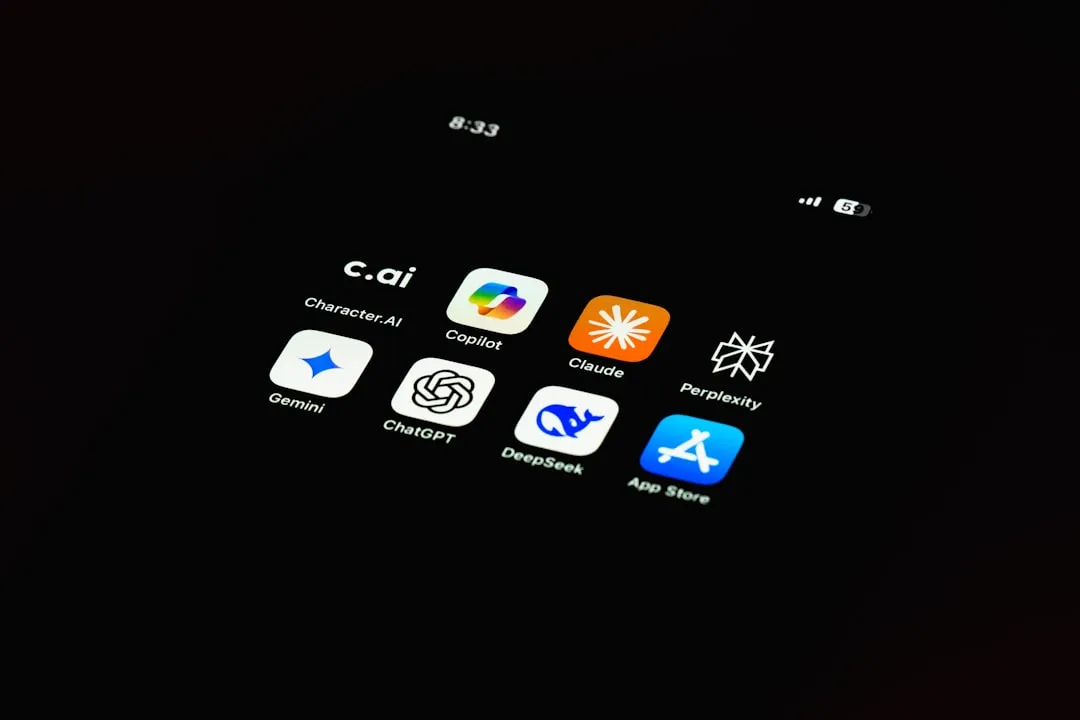


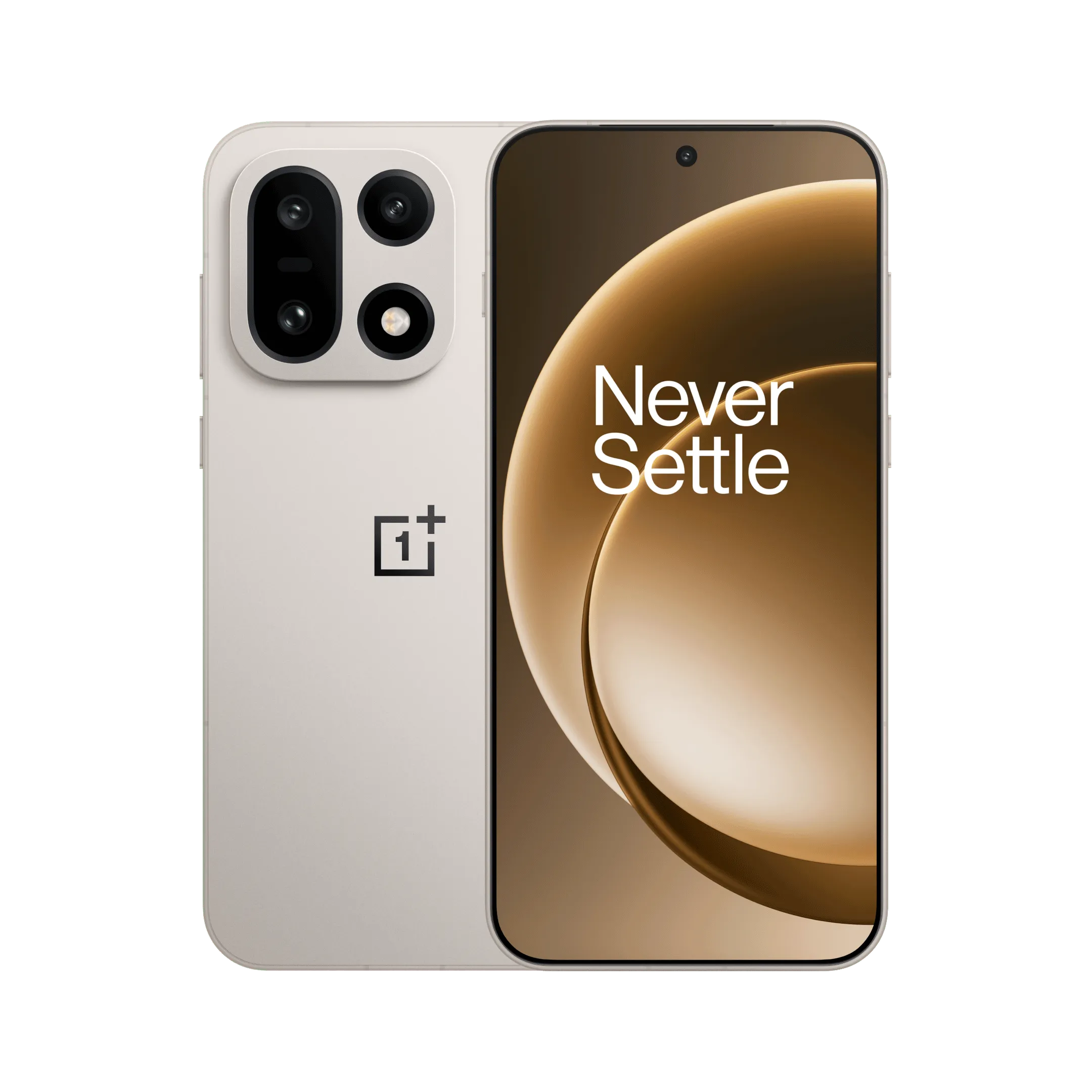












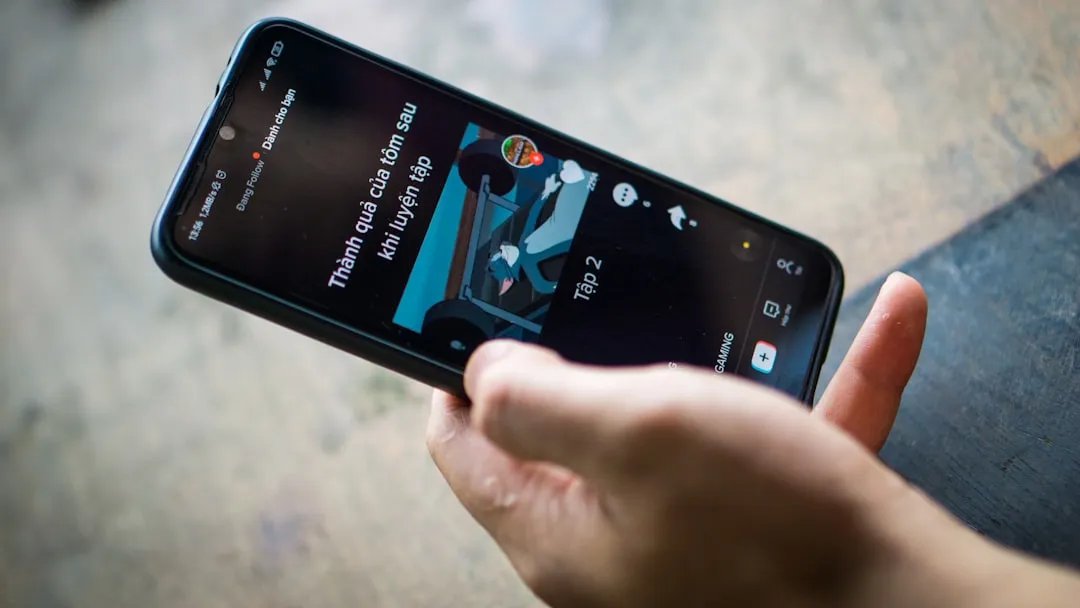
Comments
Be the first, drop a comment!